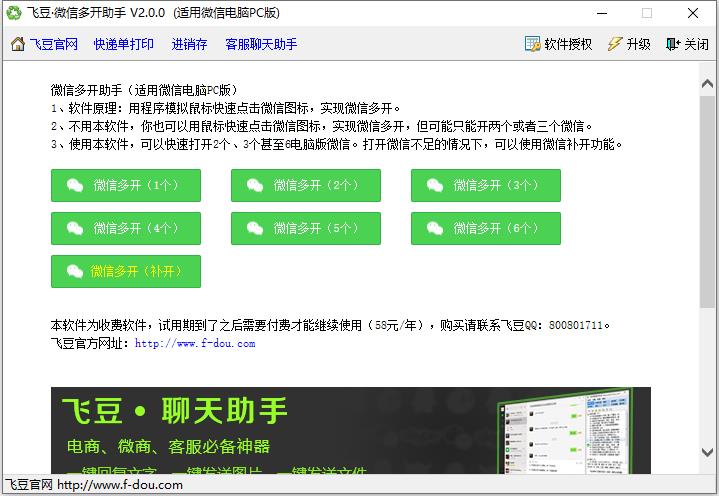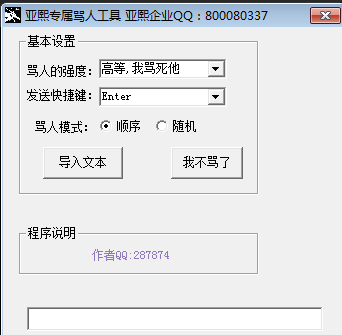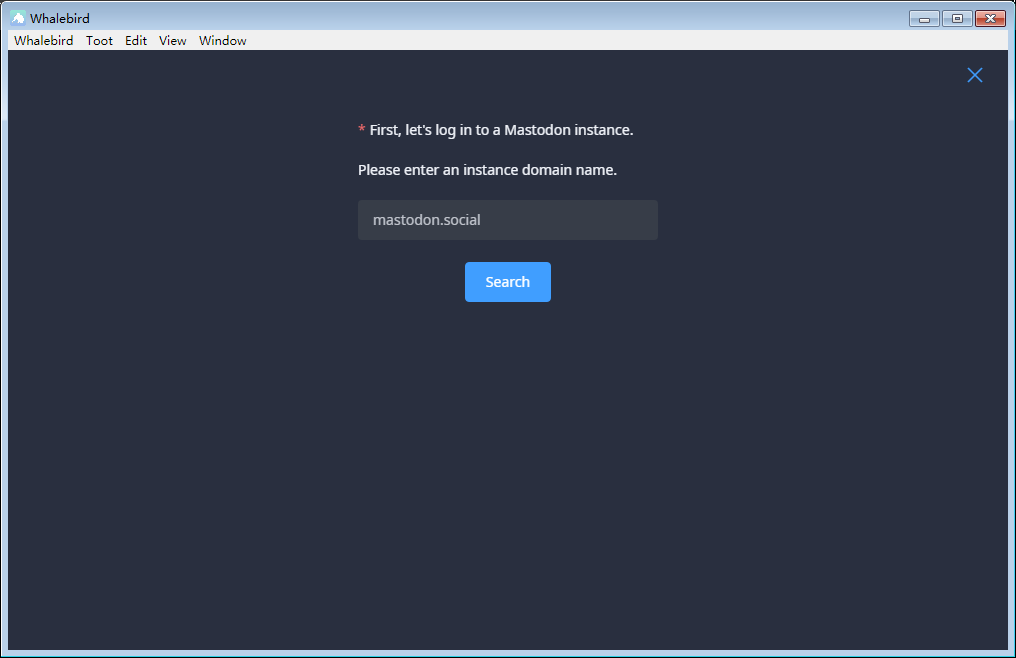golang httptest用法是什么
时间:2023-04-15 08:34
近年来,随着 Golang 语言的普及和高效性,它越来越受到开发者们的关注和喜爱。Golang 提供了一套简单易用的测试框架,其中就包括了 httptest 库。在本文章中,我将会介绍 httptest 的基本概念、用法和注意事项,希望能对 Golang 开发者们在接下来的测试工作中有所帮助。 在 Golang 的测试框架中,httptest 的主要作用就是帮助测试者模拟 HTTP 请求和响应,从而方便地对服务端的 API 接口进行测试。它不依赖于网络和实际的 HTTP 服务器,而是使用 Golang 提供的 net/http 包中的功能,模拟出请求和响应的整个流程。 (1)创建测试服务器 在 httptest 中,我们需要通过 NewServer 方法创建一个测试服务器。该方法的参数需要传入一个实现了 http.Handler 接口的 HandlerFunc。例如,我们可以创建一个处理 GET 请求的 HandlerFunc,并通过它创建一个测试服务器: (2)发送请求 有了测试服务器之后,我们就可以通过 Client 来向服务器发送请求。Client 是 Golang 提供的一个 HTTP 请求客户端。例如,我们可以创建一个处理 POST 请求的 HandlerFunc,并通过它创建一个测试服务器。然后发送一个 POST 请求,包含 Json 数据: (3)设置请求头和响应头 在测试中,请求头和响应头也是很重要的一部分。我们可以通过 Header 方法来设置请求头和响应头。例如,我们可以创建一个处理 GET 请求的 HandlerFunc,并通过它创建一个测试服务器。然后设置请求头和响应头: (4)处理 HTTPS 请求 在实际的项目中,很多 HTTP 接口都需要通过 HTTPS 进行安全传输。在 httptest 中,我们也可以通过 NewTLSServer 方法来创建一个支持 HTTPS 的测试服务器。新建的服务器使用自签名证书,因此不应该在生产环境中使用。例如,我们可以创建一个处理 POST 请求的 HandlerFunc,并通过它创建一个支持 HTTPS 的测试服务器。然后发送一个 POST 请求,包含 Json 数据: 尽管 httptest 在 Golang 测试框架中很方便实用,但使用不当仍然可能会导致测试结果不准确。我们需要注意以下几点: (1)httptest 不应当被用作生产环境下的 HTTP 或 HTTPS 服务器,仅用于测试目的。 (2)如果测试服务器没有被正确关闭,可能会因为测试套件过多而导致资源耗尽。 (3)如果使用 httptest 提交到的数据和你所提交的数据不匹配,你将无法得到正确的测试结果。 在 Golang 的测试过程中,httptest 是一个非常有用的工具,可以帮助我们模拟 HTTP 请求和响应,从而方便地对服务端的 API 接口进行测试。本文中,我们详细介绍了 httptest 的基本概念、用法和注意事项,希望能对 Golang 开发者们在接下来的测试工作中有所帮助。 以上就是golang httptest用法是什么的详细内容,更多请关注Gxl网其它相关文章!func TestGetFoo(t *testing.T) { srv := httptest.NewServer(http.HandlerFunc(func(w http.ResponseWriter, r *http.Request) { w.WriteHeader(http.StatusOK) fmt.Fprintln(w, "Hello, World!") })) defer srv.Close() resp, err := http.Get(srv.URL) if err != nil { t.Fatal(err) } defer resp.Body.Close() if resp.StatusCode != http.StatusOK { t.Errorf("expected %d but got %d", http.StatusOK, resp.StatusCode) }}func TestPostJson(t *testing.T) { srv := httptest.NewServer(http.HandlerFunc(func(w http.ResponseWriter, r *http.Request) { body, _ := ioutil.ReadAll(r.Body) w.WriteHeader(http.StatusOK) fmt.Fprintln(w, string(body)) })) defer srv.Close() payload := struct { Name string `json:"name"` Age int `json:"age"` }{ Name: "Robert", Age: 30, } buf, _ := json.Marshal(payload) resp, err := http.Post(srv.URL, "application/json", bytes.NewReader(buf)) if err != nil { t.Fatal(err) } defer resp.Body.Close() if resp.StatusCode != http.StatusOK { t.Errorf("expected %d but got %d", http.StatusOK, resp.StatusCode) } body, _ := ioutil.ReadAll(resp.Body) if string(body) != `{"name":"Robert","age":30}` { t.Errorf("expected %s but got %s", `{"name":"Robert","age":30}`, string(body)) }}func TestHeader(t *testing.T) { srv := httptest.NewServer(http.HandlerFunc(func(w http.ResponseWriter, r *http.Request) { w.Header().Set("X-test", "hello") w.WriteHeader(http.StatusOK) fmt.Fprintln(w, "Hello, World!") })) defer srv.Close() req, err := http.NewRequest("GET", srv.URL, nil) if err != nil { t.Fatal(err) } req.Header.Add("X-test", "world") resp, err := http.DefaultClient.Do(req) if err != nil { t.Fatal(err) } defer resp.Body.Close() if resp.StatusCode != http.StatusOK { t.Errorf("expected %d but got %d", http.StatusOK, resp.StatusCode) } if resp.Header.Get("X-test") != "hello" { t.Errorf("expected %s but got %s", "hello", resp.Header.Get("X-test")) }}func TestTlsPostJson(t *testing.T) { srv := httptest.NewTLSServer(http.HandlerFunc(func(w http.ResponseWriter, r *http.Request) { body, _ := ioutil.ReadAll(r.Body) w.WriteHeader(http.StatusOK) fmt.Fprintln(w, string(body)) })) defer srv.Close() payload := struct { Name string `json:"name"` Age int `json:"age"` }{ Name: "Robert", Age: 30, } buf, _ := json.Marshal(payload) client := srv.Client() resp, err := client.Post(srv.URL, "application/json", bytes.NewReader(buf)) if err != nil { t.Fatal(err) } defer resp.Body.Close() if resp.StatusCode != http.StatusOK { t.Errorf("expected %d but got %d", http.StatusOK, resp.StatusCode) } body, _ := ioutil.ReadAll(resp.Body) if string(body) != `{"name":"Robert","age":30}` { t.Errorf("expected %s but got %s", `{"name":"Robert","age":30}`, string(body)) }}



























